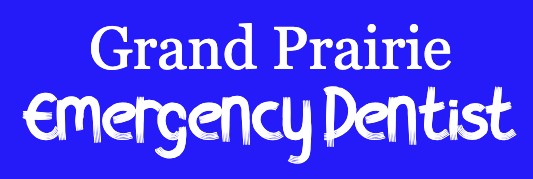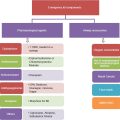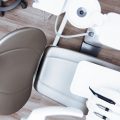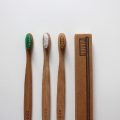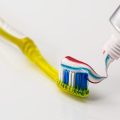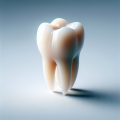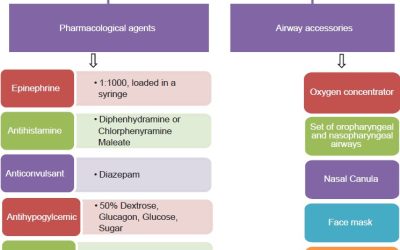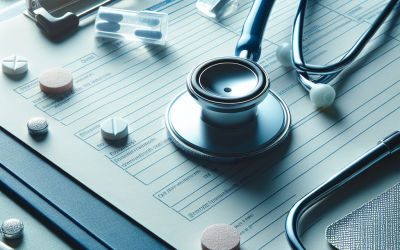So, you just got a dental procedure done, and now you’re wondering if you need to watch what you eat? Well, you’ve come to the right place! In this article, we’ll explore whether there are any dietary restrictions you should keep in mind after certain dental procedures. From tooth extractions to fillings, we’ll cover it all, ensuring you have the information you need to maintain a healthy diet while taking care of your dental health. So, sit tight and let’s dive into the world of dental aftercare and dietary restrictions.
Dietary Restrictions After Dental Procedures
After undergoing dental procedures, it is important to be mindful of your diet in order to promote healing and prevent complications. Different dental procedures may require specific dietary restrictions to ensure optimal recovery. In this article, we will provide a general overview of dietary restrictions following dental procedures, as well as highlight specific precautions for various common dental treatments.
General Overview of Dietary Restrictions
In general, it is advisable to stick to a soft or liquid diet for the first 24 to 48 hours after any dental procedure. This will help minimize discomfort and reduce the risk of dislodging any blood clots or sutures that may have been placed during the procedure. Soft foods that are easy to chew and swallow, such as soups, mashed potatoes, yogurt, and smoothies, are generally recommended during this initial healing period.
It is also important to avoid consuming extremely hot or cold foods and beverages, as they can increase sensitivity and discomfort in the treated area. Additionally, it is advisable to steer clear of crunchy, hard, or sticky foods that may cause irritation or disrupt the healing process.
Precautions for the First 24 Hours
The first 24 hours after a dental procedure are crucial for a successful recovery. During this time, it is important to take certain precautions to ensure the best possible outcome. It is generally recommended to avoid any strenuous physical activity, as this can increase bleeding and swelling. Instead, try to relax and take it easy to allow your body to heal.
In terms of diet, it is crucial to avoid using straws, as the suction created when drinking through a straw can dislodge blood clots or sutures, leading to complications and delayed healing. Be sure to drink fluids directly from a cup or glass instead. Additionally, refrain from smoking or consuming alcoholic beverages, as they can hinder the healing process and increase the risk of infection.
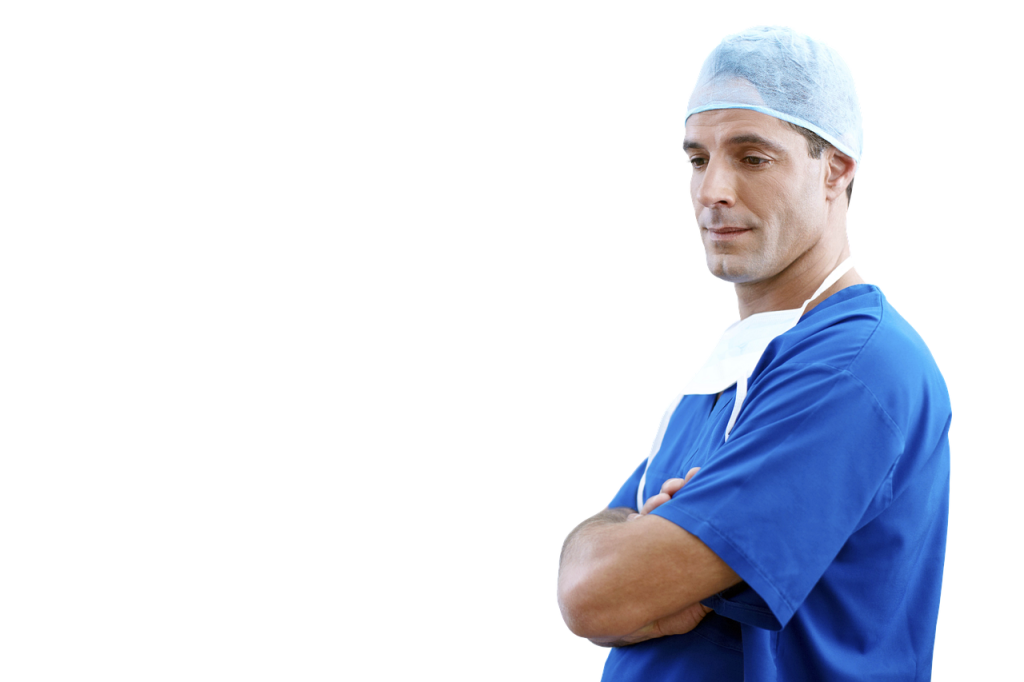
Dietary Restrictions for Tooth Extractions
After a tooth extraction, it is important to follow certain dietary restrictions to promote proper healing and reduce the risk of complications. During the initial 24 to 48 hours following the procedure, it is advisable to stick to a soft or liquid diet. Avoiding hot, spicy, and acidic foods is also recommended, as they can cause irritation and discomfort in the extraction site.
It is important to avoid chewing on the side of the mouth where the extraction took place until the area has fully healed. This will help prevent any trauma or damage to the extraction site. Additionally, avoid using a straw, as the suction created can dislodge the blood clot and impede the healing process.
Dietary Restrictions for Root Canal Treatment
Following a root canal treatment, it is important to be mindful of your diet to aid in the healing process. Similar to other dental procedures, sticking to a soft or liquid diet for the first 24 to 48 hours is advisable. Consuming cold or lukewarm foods and beverages can help alleviate any discomfort or sensitivity in the treated area.
Avoiding hard, crunchy, or chewy foods is recommended to prevent any damage or irritation to the temporary filling or crown that may have been placed after the root canal. It is also important to avoid consuming sticky or sugary foods, as they can increase the risk of developing cavities and other dental issues.
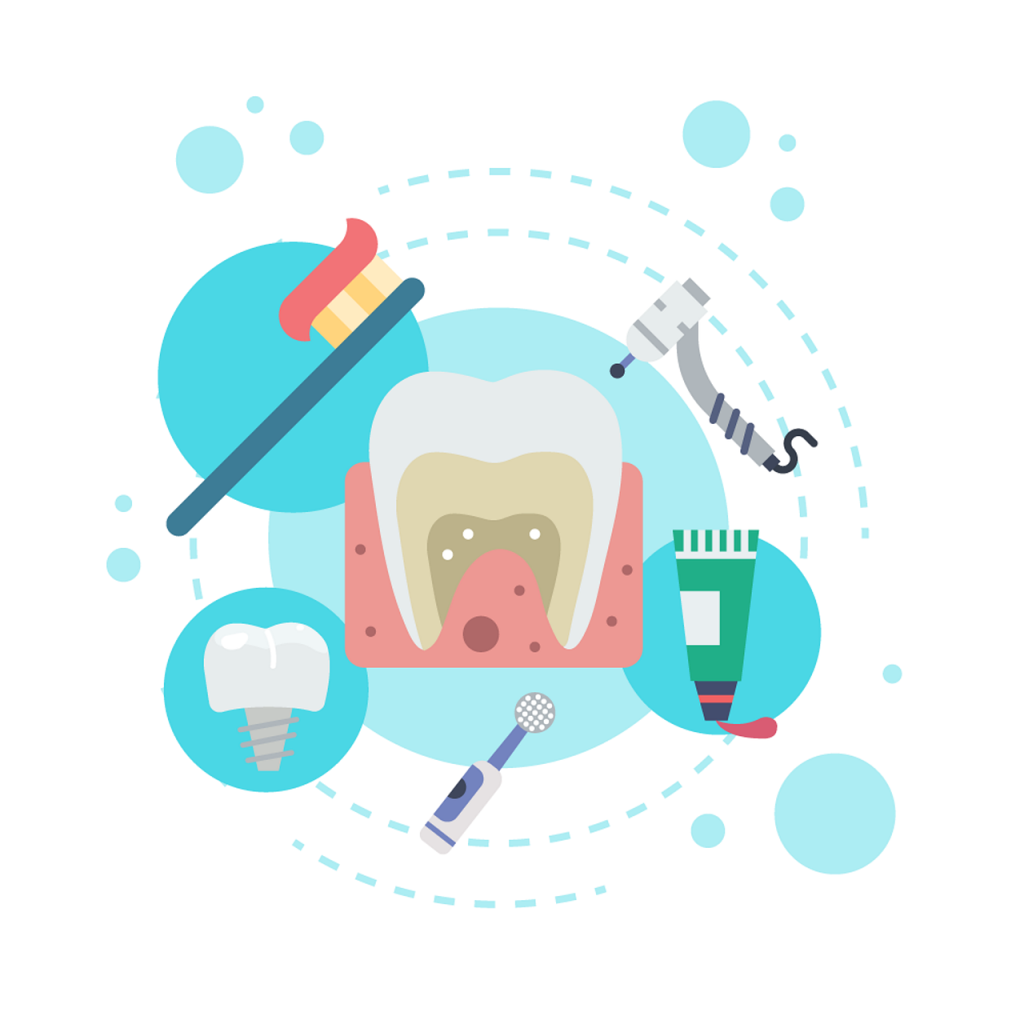
Dietary Restrictions for Dental Implants
After undergoing dental implant surgery, it is crucial to follow specific dietary restrictions to ensure the success of the implant. During the initial healing period, which typically lasts a few days to a week, it is important to consume only soft or liquid foods. This will help protect the surgical area and promote proper healing.
Avoiding hot, spicy, and acidic foods is also recommended, as they can irritate the surgical site and cause discomfort. Additionally, it is crucial to avoid using a straw and smoking, as they can interfere with the healing process and increase the risk of complications. It is best to consult with your dentist or oral surgeon for a comprehensive list of dietary recommendations tailored to your specific case.
Dietary Restrictions for Wisdom Tooth Removal
Wisdom tooth removal is a common dental procedure, and following proper dietary restrictions can aid in a smooth recovery. During the initial 24 to 48 hours, it is advisable to stick to a soft or liquid diet to minimize discomfort and reduce the risk of complications.
Avoiding hard, crunchy, or chewy foods is important, as they can disturb the surgical site and impede healing. It is also advisable to avoid consuming hot, spicy, and acidic foods, as they can cause irritation and discomfort. Similar to other dental procedures, it is crucial to avoid using a straw and smoking, as they can dislodge the blood clot and slow down the healing process.
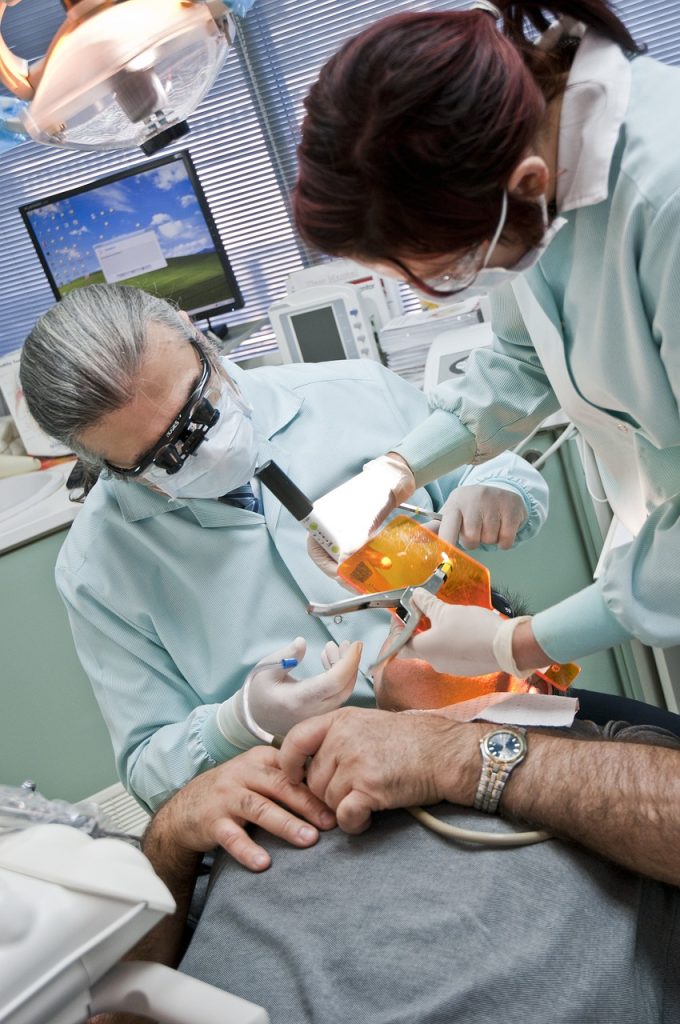
Dietary Restrictions for Tooth Fillings
After getting a tooth filling, it is essential to follow certain dietary restrictions to ensure the longevity of the restoration. Generally, there are no significant dietary restrictions following a standard tooth filling procedure. However, it is important to be cautious when consuming extremely hot or cold foods and beverages, as they may cause temporary sensitivity in the treated tooth.
It is advisable to maintain good oral hygiene and avoid consuming excessive amounts of sugary and sticky foods to prevent the development of new cavities. Maintaining a balanced diet with plenty of fruits, vegetables, and lean proteins can contribute to overall dental health and help prolong the lifespan of the filling.
Dietary Restrictions for Scaling and Root Planing
Scaling and root planing is a deep cleaning procedure performed to treat gum diseases such as gingivitis and periodontitis. Following the procedure, it is important to pay attention to your diet to support the healing process and prevent further gum inflammation.
Consuming a soft or liquid diet for the first 24 to 48 hours is recommended, as this allows the treated gums to heal without irritation. Avoiding excessively hot or spicy foods is also advisable, as they can cause discomfort and increase gum sensitivity.
It is important to avoid consuming hard or crunchy foods, as they can injure the healing gums and disrupt the removal of plaque and tartar that was performed during the procedure. Maintaining proper oral hygiene, including regular brushing and flossing, is essential to promote the success of scaling and root planing and prevent future gum disease.
Dietary Restrictions for Gum Surgery
Gum surgery, such as gum grafting or pocket reduction surgery, requires specific dietary restrictions to promote proper healing and minimize complications. Following the procedure, it is important to consume only soft or liquid foods for the first few days. This will help protect the surgical site and allow the gums to heal undisturbed.
Avoiding hot, spicy, and acidic foods is recommended, as they can cause discomfort and irritation in the treated area. Additionally, it is crucial to avoid using a straw and smoking, as they can hinder the healing process and increase the risk of complications. It is best to consult with your periodontist for personalized dietary recommendations after gum surgery.
Dietary Restrictions for Oral Surgery Procedures
Various oral surgery procedures, such as jaw surgery or corrective procedures, may necessitate specific dietary restrictions to optimize healing and prevent complications. It is crucial to follow the post-operative instructions provided by your oral surgeon regarding your diet during the recovery period.
In general, it is advisable to stick to a soft or liquid diet for the first few days after oral surgery. Avoiding extremely hot or cold foods and beverages is recommended to minimize discomfort. It is important to avoid chewing on the side of the mouth where the surgery was performed until the area has fully healed.
Furthermore, following any dietary recommendations provided by your oral surgeon, such as avoiding sticky or chewy foods, is essential to aid in the healing process and minimize the risk of complications.
In conclusion, after undergoing any dental procedure, it is important to adhere to specific dietary restrictions to ensure optimal healing and reduce the risk of complications. Following a soft or liquid diet for the initial healing period, avoiding hot or cold foods, and refraining from using straws or smoking are common precautions to take. Different dental procedures may have additional specific dietary recommendations, so it is crucial to consult with your dentist or oral surgeon for personalized advice. By following these recommendations, you can greatly contribute to a successful recovery and maintain your oral health.
